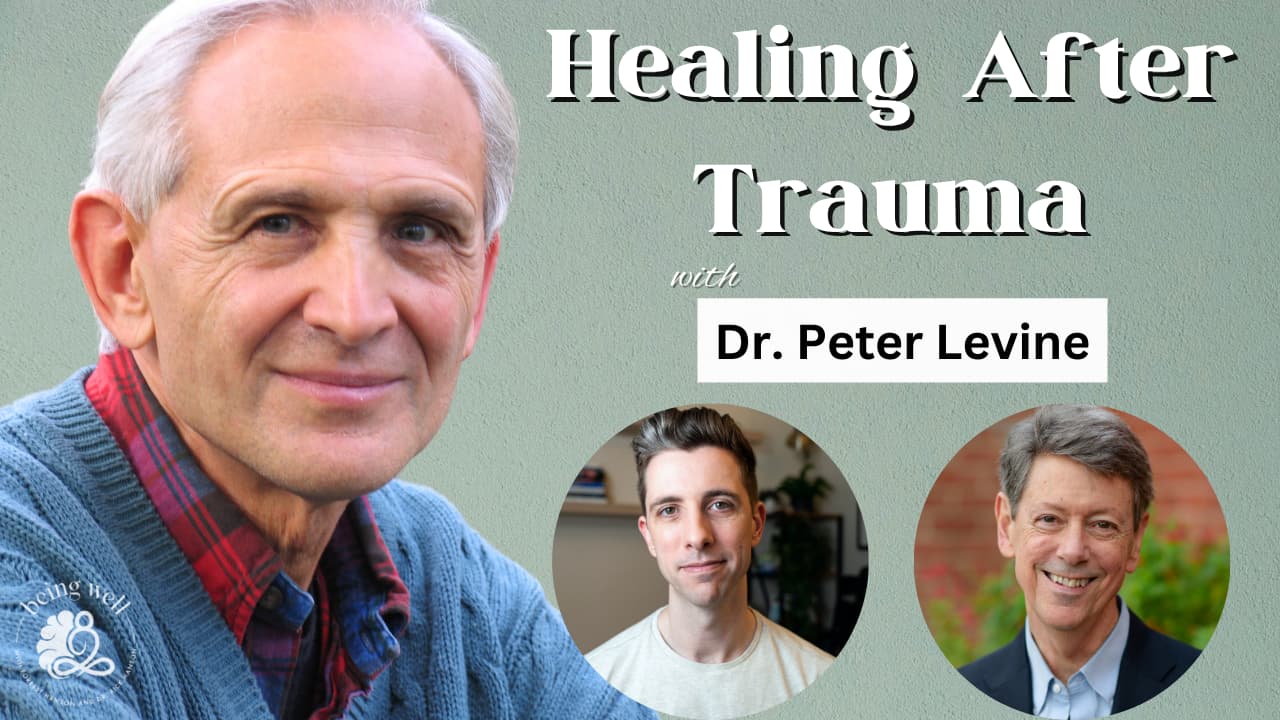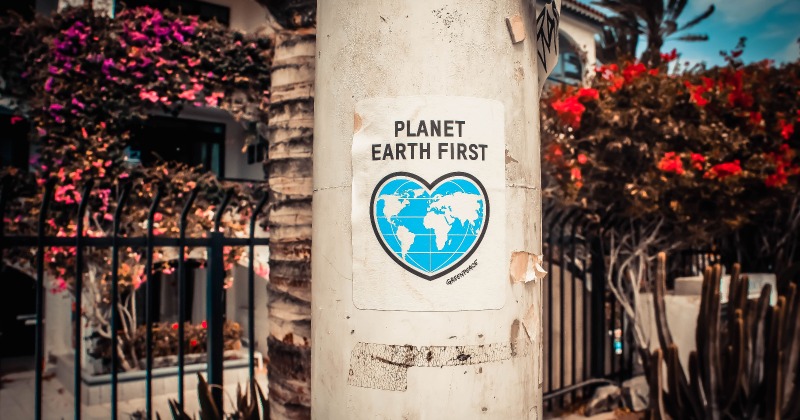How do you talk to people?
The Practice:
Try a softer tone.
Why?
Linguists like Deborah Tannen have pointed out that most communications have three elements:
- Explicit content – “There is no milk in the refrigerator.”
- Emotional subtext – Could be irritation, blame, accusation
- An implicit statement about the nature of the relationship – Could be one person gets to criticize and boss around someone else
Many studies have found that the second and third elements – which I define in general as tone – usually have the greatest impact on how an interaction turns out. Since a relationship is built from interactions, the accumulating weight of the tone you use has big effects.
In particular, because of the “negativity bias” of the brain – which is like Velcro for uncomfortable experiences but Teflon for pleasant ones – a repeatedly critical, snarky, disappointed, worried, or reproachful tone can really rock a relationship; for example, John and Julie Gottman’s work has shown that it typically takes several positive interactions to make up for a single negative one.
Of course, what others experience or regard as “soft” or “hard” from you will depend on many things, including:
- Their upbringing or cultural background – In some families or cultures, it’s considered normal and OK to be sometimes loud, forceful, critical, blunt, or irritated, while in other families or cultures, it’s not.
- Your status or power compared to theirs – The greater your relative status or power, generally the greater the weight your words could have.
And sometimes a “harder” tone is called for. For example, if someone belongs to a group that has been and is being discriminated against, of course, they’re fed up about that, and not interested in having people from more privileged groups lecture them about softening their tone!
My point here is pragmatic, and about having options for yourself in how you communicate. You could weigh the pros and cons and likely effects of how you talk, and decide a harder tone is what you want to do. It’s up to you. Or you could try a softer tone – and if you do, the suggestions below might be useful.
Get Tips Like This Delivered Right to Your Inbox
You can unsubscribe at any time and your email address will never be shared or sold.
How?
Be mindful of tone – Be on the lookout for needlessly negative tone: your own and others. And when it’s there – including in mild ways like an eye roll, exasperation, or subtle put-down – notice the results. Also, track the results of neutral or positive tone.
Consider your true purposes – In an interaction, ask yourself if you’re there to be right, show the other person how he or she is wrong, vent, or work some covert agenda; these underlying priorities will lead to a problematic tone. Instead, try to ground yourself in more positive purposes, such as finding out what really happened in a situation, speaking from your heart, being empathic, strengthening the relationship, or solving a practical problem.
Lay a good foundation – First, try to establish a frame of relatedness and goodwill, and that you are not trying to boss the other person around. You do not need the cooperation of the other person to unilaterally center yourself, clarify in your mind what it is you want to say, open your heart, find good wishes, and take a little time to get into a relationship before launching into your topic.
Be careful about anger – I think there is a place for anger – it alerts you to wrongs and energizes you to deal with them – and for letting others know you’re feeling annoyed or just plain mad. But how you express your anger can have a lot of unwanted impacts. Humans evolved to be very reactive to tones of anger because they carry signals of threat; just notice how the background hubbub in a restaurant gets quiet when an angry voice is heard.
So slow down, do a few l-o-n-g exhalations to calm your body, put the situation in perspective, and try to feel down to the gentler and more vulnerable feelings beneath anger. Then choose your words carefully, and name what you’re feeling beneath the anger without blaming the other person (e.g., “When there is no milk in the refrigerator, I feel like you are not thinking about the effect on me of taking the last of the milk”). Remember that dumping your anger on others – including via little barbs – harms you, too, and sometimes more than them. As a proverb says, getting angry with others is like throwing hot coals with bare hands: both people get burned.
Gentle your body – Relax your eyes, throat, and heart. This will naturally soften your tone.
Don’t use inflammatory language – Exaggerations, accusations, fault-finding, words like “never” or “always,” insults, swearing, alarming threats, pathologizing (e.g., “you’ve got a personality disorder”), and cheap shots (e.g., “you’re just like your father”) are like gasoline on those hot coals. Instead, use words that are accurate and not provocative. Imagine that you are being videotaped and people you care about will be watching it later; don’t say anything you’ll regret later.
Say what needs to be said – A reasonable and civil tone actually promotes honesty and assertiveness because then you don’t need to fight side battles or backtrack to clean up a mess. But if a softer tone replaces sticking up for yourself, that’s not good for anyone. So keep communicating.
* * *
May your good interactions build great relationships!
Know Someone Who Could Try a Softer Tone?
Use the buttons below to share this article via social media or email.




